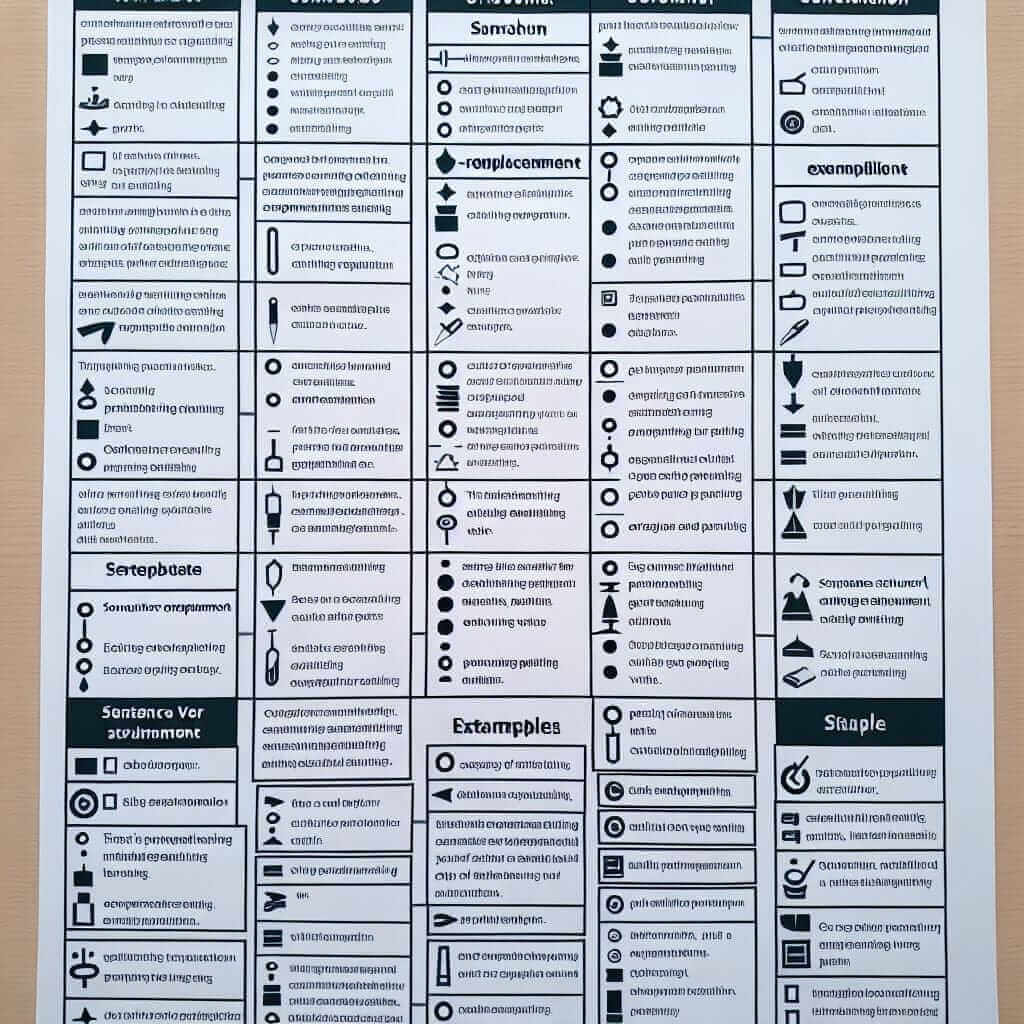Paraphrasing, the art of expressing the same idea using different words and sentence structures, is an essential skill for achieving a high score in the IELTS writing test. It demonstrates your vocabulary range, grammatical flexibility, and ability to articulate ideas in a sophisticated manner. This article delves into the intricacies of paraphrasing, providing you with practical techniques and examples to elevate your IELTS writing prowess.
Understanding Paraphrasing in the IELTS Context
The IELTS writing tasks, whether it’s Task 1 (describing data) or Task 2 (essay writing), demand effective paraphrasing. Examiners assess your ability to:
- Avoid plagiarism: Rephrasing information from the question prompt ensures you present the ideas in your own words.
- Exhibit lexical resource: Using synonyms, different word forms, and idiomatic expressions showcases your command of vocabulary.
- Demonstrate grammatical range: Employing various sentence structures, such as active/passive voice and complex sentences, demonstrates your grammatical proficiency.
Effective Paraphrasing Techniques
Here are some proven techniques to paraphrase effectively in your IELTS writing:
1. Using Synonyms
Replace keywords with appropriate synonyms. However, ensure the synonyms fit the context and tone of the sentence.
-
Example:
- Original: The increasing use of smartphones has raised concerns about digital addiction.
- Paraphrased: The growing reliance on smartphones has sparked worries regarding digital dependence.
2. Changing Word Forms
Transform words into different grammatical forms (noun, verb, adjective, adverb) without altering the meaning.
-
Example:
- Original: The government’s decision to invest in renewable energy was applauded.
- Paraphrased: The government decided to invest in renewable energy, a move that received widespread acclaim.
3. Altering Sentence Structure
Manipulate the sentence structure while retaining the core message.
-
Example:
- Original: Despite the evidence, many people remain skeptical about climate change.
- Paraphrased: Although evidence exists, climate change skepticism persists among a significant portion of the population.
4. Utilizing Different Phrases and Idioms
Employ idiomatic expressions or alternative phrases to convey similar meanings.
-
Example:
- Original: The cost of living has increased dramatically in recent years.
- Paraphrased: The cost of living has gone through the roof in recent years.
5. Combining Techniques
The most effective paraphrasing often involves a combination of the above techniques.
-
Example:
- Original: The study revealed a strong correlation between exercise and mental well-being.
- Paraphrased: The research indicated a clear link between physical activity and improved mental health.

Applying Paraphrasing in IELTS Writing Tasks
IELTS Writing Task 1
Let’s analyze a sample Task 1 question and apply paraphrasing techniques:
Question:
The graph below shows the number of international visitors to a museum between 2010 and 2020.
Paraphrased:
The chart illustrates the trend in overseas visitors to a specific museum over a decade, from 2010 to 2020.
IELTS Writing Task 2
Consider this Task 2 essay question:
Question:
Some people believe that the best way to reduce crime is to impose stricter punishments. To what extent do you agree or disagree?
Paraphrased:
There is a school of thought that advocates for harsher penalties as the most effective means of combating criminal activity. This essay will delve into the merits and demerits of this viewpoint.
Common Paraphrasing Pitfalls to Avoid
- Overusing Thesaurus: While synonyms are helpful, using obscure or inappropriate synonyms can make your writing sound unnatural.
- Direct Copying: Changing only a few words or simply rearranging the original sentence structure is not considered paraphrasing.
- Altering the Meaning: Ensure your paraphrased version accurately conveys the same idea as the original text.
Practicing Effective Paraphrasing
To improve your paraphrasing skills:
- Expand your vocabulary: Regularly learn new words and practice using them in different contexts.
- Analyze model answers: Pay attention to how skilled writers paraphrase in IELTS sample essays.
- Practice regularly: Set aside time to paraphrase sentences and paragraphs from various sources.
Conclusion
Mastering paraphrasing is an ongoing process that requires consistent effort and a keen eye for language. By understanding the techniques and practicing regularly, you can enhance your ability to paraphrase effectively and boost your IELTS writing score significantly.